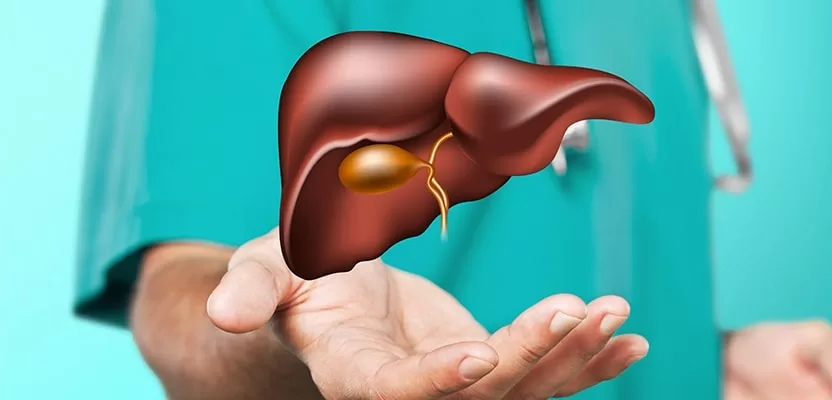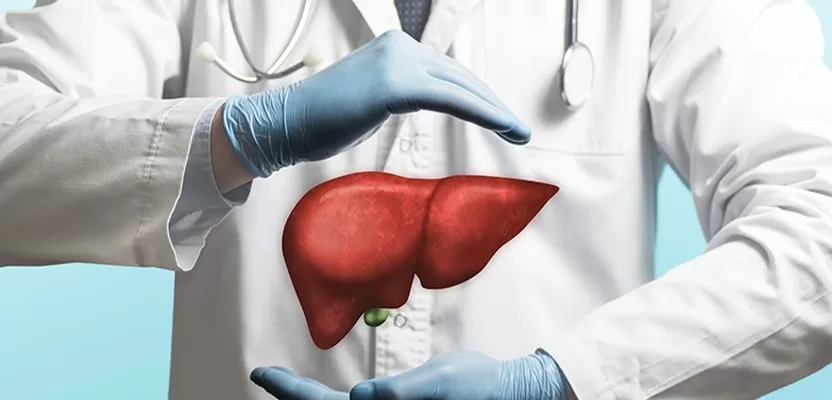+90 533 813 89 77
info@bookingforhealth.com
Liver Transplant in Turkey: Success Rate, Cost, and Criteria
Liver transplantation is a life-saving procedure that can offer patients with severe liver diseases a renewed lease on life. In Turkey, liver transplant surgeries have shown promising success rates, making the country a preferred destination for medical tourists seeking high-quality healthcare at a fraction of the cost compared to other countries.
The cost of liver transplantation in Turkey is significantly more affordable than in many Western countries. The cost includes pre-transplant evaluations, the surgical procedure itself, post-operative care, and necessary medications. This affordability factor has made Turkey an attractive choice for international patients seeking top-notch medical services without breaking the bank.
In addition to the cost savings, liver transplantation in Turkey offers a number of other advantages, including:
- High success rates: Liver transplant surgeries in Turkey have a high success rate, thanks to the expertise of skilled medical professionals and state-of-the-art facilities.
- Shorter waiting times: The waiting list for liver transplants in Turkey is shorter than in many Western countries.
- Culturally rich destination: Istanbul, Turkey’s vibrant and culturally rich city, offers medical tourists the chance to explore a captivating city with a unique blend of history and modernity.
If you are considering a liver transplant, Turkey is a great option to consider. The country offers high-quality healthcare at a fraction of the cost compared to other countries. In addition, Turkey has a number of other advantages, such as shorter waiting times and a culturally rich destination.
What is a Liver Transplant?
Liver transplantation is a surgical procedure in which a diseased liver is replaced with a healthy one from a donor. It is an essential organ that plays a vital role in the body’s digestion and metabolism.
Liver also helps to filter toxins and waste products from the blood, and produces bile to aid in the digestion of fats. When it is damaged or diseased, it can lead to serious health complications, and in some cases, a liver transplant may be necessary to save a person’s life.

Causes of Liver Failure
There are several different conditions that can lead to liver failure, including viral hepatitis, cirrhosis, and liver cancer. Symptoms of liver failure may include fatigue, nausea, loss of appetite, and yellowing of the skin and whites of the eyes (jaundice). In severe cases, liver failure can cause coma and death. Details are listed below.
- Viral Hepatitis
It is an inflammation of the liver caused by a viral infection. There are several types of viral hepatitis, including hepatitis A, B, C, D, and E. Hepatitis A and E are typically caused by contaminated food or water, while hepatitis B, C, and D are spread through contact with infected blood or body fluids. Chronic infection with hepatitis B or C can lead to liver scarring (cirrhosis) and liver failure.
- Cirrhosis
It is a condition in which scar tissue replaces healthy liver tissue, leading to impaired function. It is often caused by long-term alcohol abuse or chronic viral hepatitis. Cirrhosis can also be caused by other conditions, such as nonalcoholic fatty liver disease (NAFLD) and autoimmune hepatitis.
- Liver Cancer
It also known as hepatocellular carcinoma, is a type of cancer that starts in the liver. It is more common in people with cirrhosis or chronic viral hepatitis. Liver cancer can cause liver failure if it is not detected and treated in the early stages.
- Other Causes
Other causes of liver failure may include inherited liver disorders, such as Wilson’s disease and alpha-1 antitrypsin deficiency, and the use of certain medications that can damage the liver.

How is a Liver Transplant Performed?
If a person has end-stage liver disease and is a candidate for a liver transplant, he/she will be placed on a waiting list for a donor liver. The availability of donor livers is limited, and the waiting time can vary depending on a person’s location and other factors. While waiting for a liver transplant, a person may need to undergo treatment to manage their symptoms and prevent further liver damage.
There are two main types of the liver transplantation: living donor transplantation and deceased donor transplantation. In a living donor transplant, a healthy person donates a portion of their liver to the recipient. The remaining part of the donor’s liver will regenerate and grow back to its full size within a few months. Deceased donor transplantation involves using a liver from a person who has recently died and whose family has consented to organ donation.
The surgical procedure for a liver transplant is complex and typically takes several hours to complete. The recipient’s diseased liver is removed, and the healthy donor liver is placed in the abdomen and connected to the recipient’s blood vessels and bile ducts. After the surgery, the recipient will need to stay in the hospital for several weeks to recover and will need to take medications to prevent rejection of the new liver.
Risks and Benefits of Liver Transplantation
There are risks associated with liver transplantation, including bleeding, infection, and complications from the anesthesia. There is also a risk of the body rejecting the new liver, which can lead to serious complications. To prevent rejection, the recipient will need to take immunosuppressant medications for the rest of their life.
Despite the risks, liver transplantation can be a life-saving procedure for people with end-stage liver disease. According to certain research, the success rate for this operation is high, with more than 80% of recipients surviving at least one year after the procedure. The survival rate increases over time, with more than 70% of recipients surviving at least five years after the transplant.
If anyone is experiencing liver failure, it is important to speak with a healthcare provider about the treatment options. A liver transplant may be an option, but it is vital to weigh the risks and benefits and consider all available ways. Please contact us and get a free consultation, and meet the privilege of Booking for Health then.